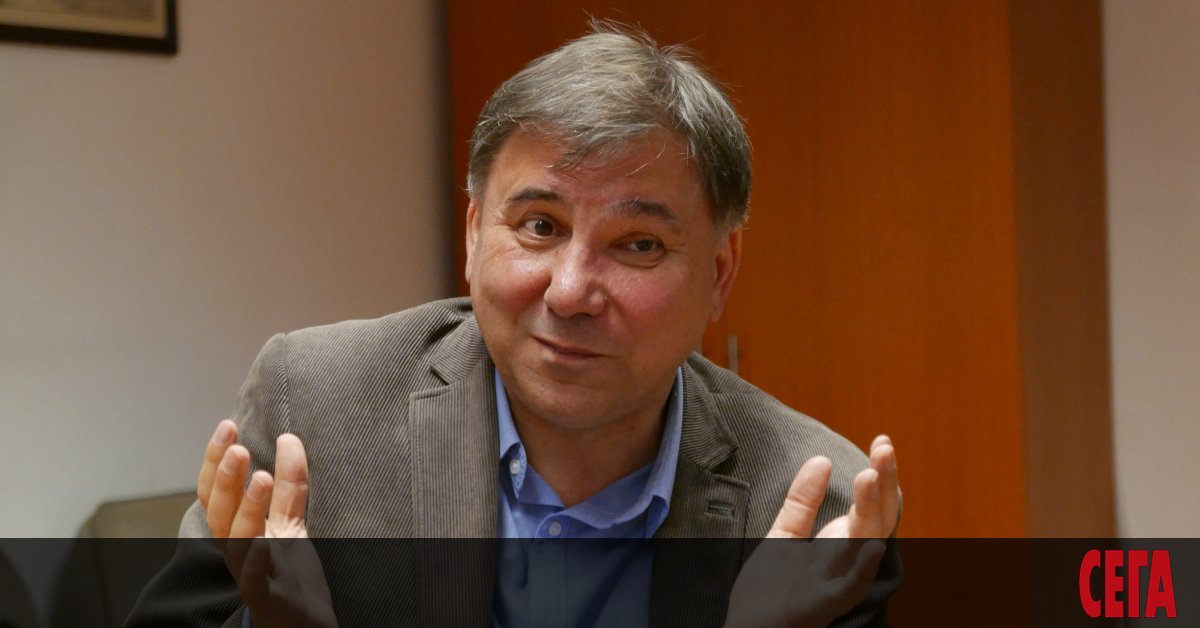Empires are most often born on the battlefield, but die in bookstores, the political scientist told the Financial Times.
Russia will pay a high price for the current demonstration of military force in Ukraine: it will have to forget about its ties with Europe, which will be permanently disgusted by it. This is what Ivan Krastev wrote in a comment for the Financial Times, he announced Deutsche Welle
The conflict between Russia and Ukraine is “the perverse end of the last European empire,” wrote political scientist Ivan Krastev in a publication for the authoritative British publication “Financial Times”.
The example of Peter the Great
Asked who Vladimir Putin admires the most, a man close to the Russian president said dryly: Ivan the Terrible, Catherine the Great and Peter the Great. “Last week, the Russian president publicly compared himself to Peter the Great, and the invasion of Ukraine to his expansionist wars three centuries ago,” Krastev wrote. According to him, the idea of the Russian world (Русский мир) – a cultural concept much broader than the Russian Federation – was “sacrificed on the altar of autocracy and Russian ethnicity.” “What is happening in Ukraine’s neighbors. What is happening in Ukraine is also a collapse of the idea of post-Soviet identity, as well as the use of the defeat of Hitler in Russian national mythology,” the author writes.
“The price of the demonstration of military force is the collapse of Moscow’s soft power, the severance of ties with Europe and the permanent disgust of the Old Continent from Russia,” Krastev said. As a result, most Europeans have said goodbye to the illusion of Russia’s possible integration into their world.
Putin destroys “Russian world”
Before the war, Putin’s oligarchs and the country’s middle class felt and lived as part of both Russia and the West. “This will no longer be possible,” said Ivan Krastev. And more:
“By building his autocracy, Putin has destroyed the ‘Russian world.’ This is best seen in the field of culture. Empires are most often born on the battlefield, but they die in bookstores. Krastev warns that the Russian language may be among the victims of Putin’s invasion. “Even the Bolshevik revolution and the communist regime failed to influence the interest in the Slavic language,” the author recalls.
“Many Russians around the world already feel like exiles”
“Being Russian in the West is increasingly equated with not belonging to the West itself. “Many Russians living outside of Russia today feel like exiles,” Ivan Krastev said in an article in the Financial Times.
–


